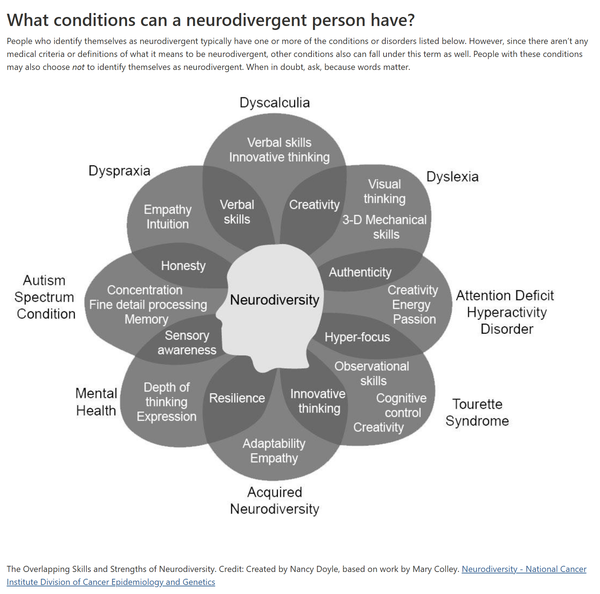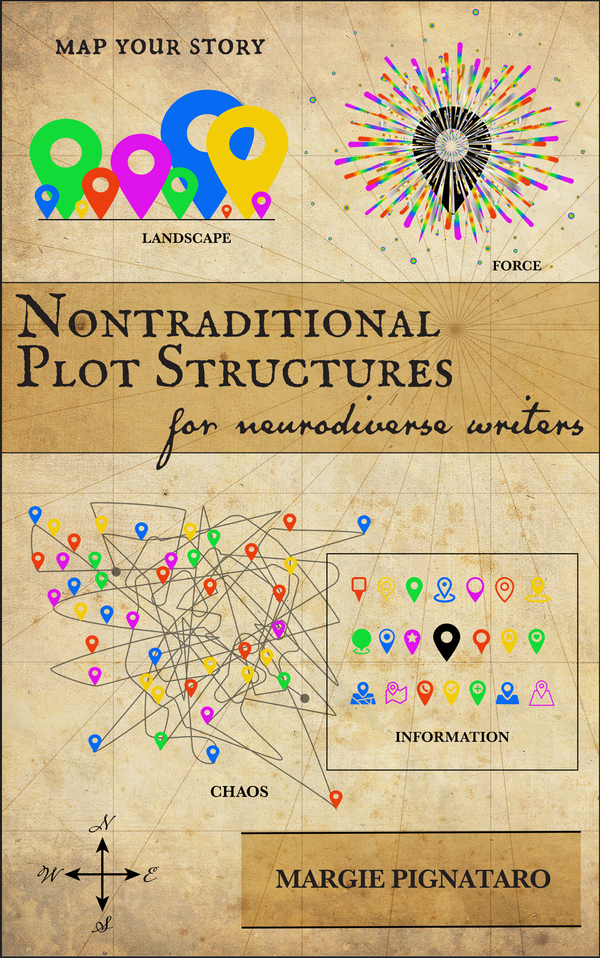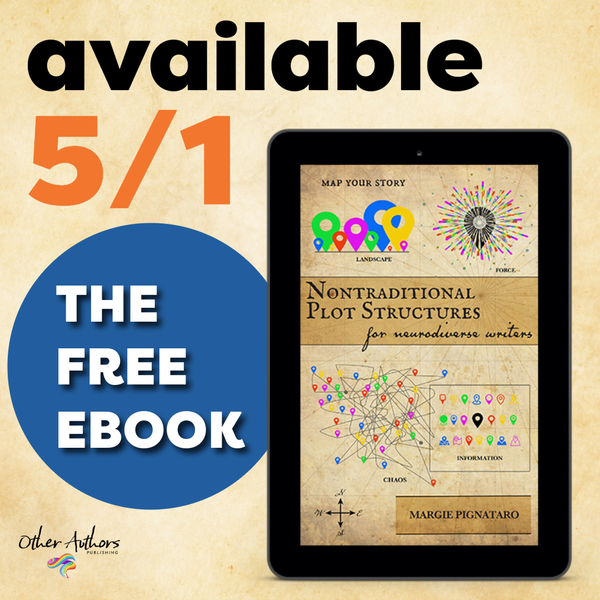My former playwriting professor David Rush Died two weeks ago
U r a wundrful writr
One of the first things David ever said to me, in our first conversation as mentor and student, was, "I accepted you because you're a woman."
When he showed me the Emmy he had won, I said, "Yeah, but, aren't those really subjective, as all awards are? It's not that big of a deal."
That was our relationship. David could be difficult, and I could be blunt, stubborn, and willful. I was a difficult graduate student.
David had said, if I had trouble with anything, or questions about anything, come to his office whenever. I took him at his word and visited him frequently. I asked him questions about traditional structure and True West. I confessed my struggles with his Backwards In-Order-To Chart exercise. One day, I went to him feeling awful about my abilities and thought I was the worst writer in the world.
David assured me that that was common for new grad students. We had to relearn everything we'd been taught and the result was feeling like we knew nothing at all.
I must have looked extremely sad. David pulled out a sheet of paper. Writing upside down, he wrote "U r a wundrful writr". I kept that piece of paper for years, having it pinned to a corkboard by my computer. I don't know what happened to it.
When things were bad with David, they were bad. He had frequent back pain, and his mood reflected this. He also struggled with carpal tunnel, as I do. Pain changes people and we grad students watched David like the moon, wondering how the tides would change, if there would be flooding.
But when they were good, it was spectacular. What David taught me, and how he taught me, opened my mind and changed me. I absolutely not be the writer I am without him. Every week, if not every few days, I think about his Torvald Moment, The Pizza Exercise, or his assignment to write an erotic scene at a funeral.
At the end of my MFA, he and I parted on the absolute worst terms. I couldn't go to him for a recommendation letter for a PhD program. A professor explained later that this lack of support from a mentor would be blackballing me.
(I did manage to get into Texas Tech, and my experiences were somewhat better, but not entirely. I'm still blunt, stubborn, and willful.)
I never liked David's plays. He was quite successful in Chicago (he won an Emmy), and widely praised. One of his plays he was writing while I was a student. It was a play of letters between Herman Melville and Nathanial Hawthorne, with gay overtones. He brought a scene to class and had the playwrights read it. This was common. He put himself on the line along with us; I have great respect for that.
After the read-through, David admitted that he employed a technique I had used in my thesis play, a way of structuring prose as dialogue. He looked at me for comment.
Because I respected David as a teacher and I writer, even if his work never moved me emotionally, I said, in front of all the other grad students, that he hadn't used the technique as well as I had because he had left the prose in past tense, whereas I had made everything present tense.
Everything changed after that. Things became complicated and dramatic.
I had written a play set in ancient Pompeii. I wanted this to be my MFA thesis play. I put together the proposal, the entire document being almost 200 pages. I included all my research and reasoning for everything in the play. When David read it, he said it was great, and the play "as good as any of the Greeks". You can imagine how that made me feel.
The next day, another member of my committee sat me down and told me the play was misogynistic and she couldn't possibly sign off on it. When I talked to David immediately after, I saw how angry he was at me. He told me the play was unacceptable and terrible and I needed to find another.
It took me years to process and understand what had happened.
After I graduated and left Carbondale, David told my boyfriend at the time that he didn't want to live in the same hemisphere as me.
A few years later, I met a director at Texas Tech who knew David. I explained to him our relationship, our struggles, and how difficult I had been. This director encouraged me to contact David if I wanted to apologize. I said there was no point. David could be just as stubborn and willful as me.
Learning that he has died from complications from Parkinson's hasn't left me with regret that I never contacted him. Our relationship had concluded and we had moved on.
There's so much more I could write about David, really delve into the dramatic nitty-gritty of my three years in Carbondale. The production of my thesis play alone is another blog post entirely.
As often as I think of David, I never think about the bad. I used to, for years and years. But the good is so much more important, the bad doesn't matter to me anymore.
By the way, his books are astounding. We had been bugging him to write a playwriting textbook and he finally did, years later. Click the cover to get to Amazon.




